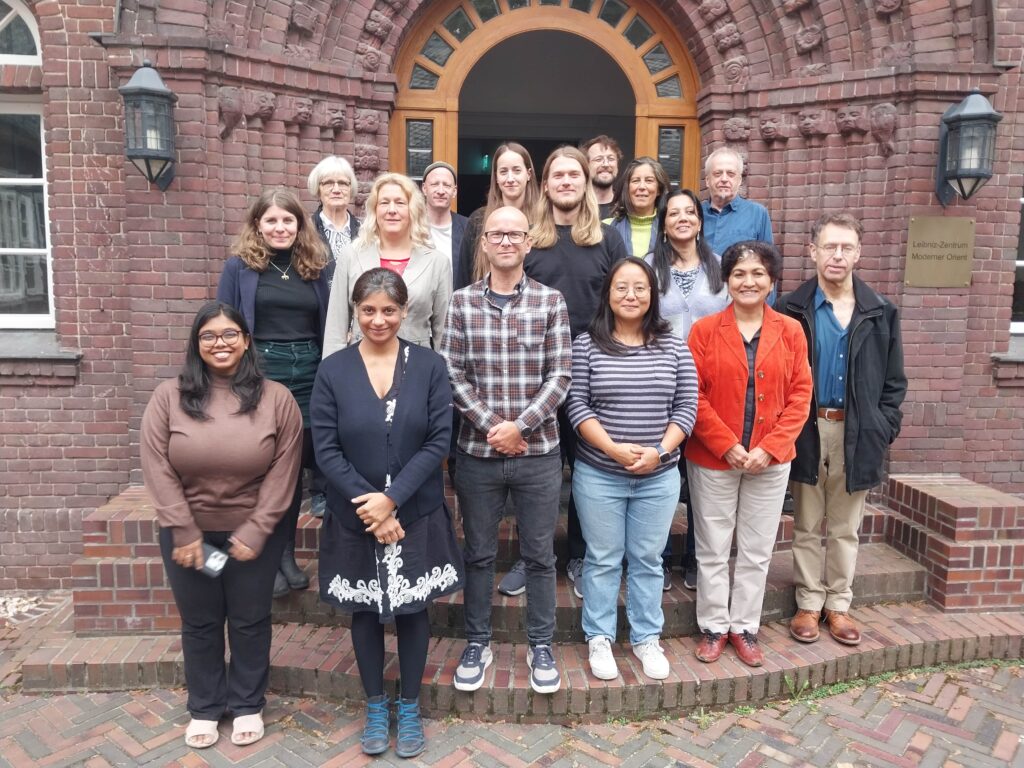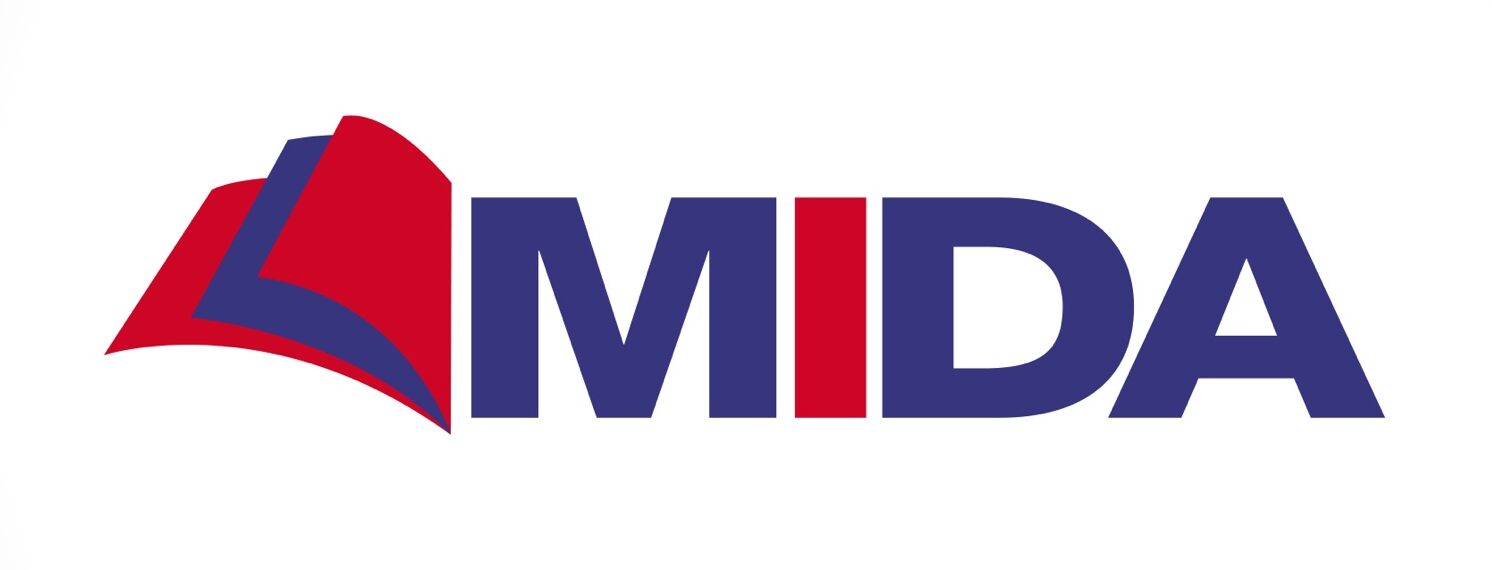In September 2024, the ZMO research unit Representations of the Past in cooperation with MIDA (Modern India in German Archives, 1706–1989) and the Leibniz Collaborative Excellence Project CRAFTE (Crafting Entanglements: Afro-Asian Pasts of the Global Cold War) organized a two-day workshop with the title “Perspectives on Modern Indian History through the Lens of German Archives”.
Abstract
The richness and the potential of the holdings of German archives on modern Indian history has been appreciated insufficiently so far. To the international community of historians of India, these resources can open up new research perspectives that have remained obstructed by an excessive fixation on British colonial archives. At the same time, innovative research questions can be generated for purposes of transnational historical comparison and for the historical analysis of “globalization” processes through an exploration of the modern history of German-Indian entanglements.
Download Programme as PDF
Report
The objective of this workshop was to critically discuss methodological and conceptual approaches towards the history of modern India on the basis of selected sources held in German archives. In doing so, we were concerned with some key issues that accompanied the MIDA project throughout its course. Among these were entanglements and disentanglements of German-speaking and Indian actors in the past, the entangled archives that emerged of those Indo-German connections and the logic of the archive. How do we confront colonial archives, and what do German archives tell us about the agency of historical actors from India and beyond?
The workshop organisers and editors of the forthcoming volume, Anandita Bajpai, Heike Liebau and Nico Putz invited previous MIDA Archival Reflexicon authors to select one or two specific sources which were used in their Reflexicon articles, discuss them in-depth and present a critical evaluation of the sources in light of how they contribute towards writing histories of India-Germany entanglements. The sources chosen by the participants ranged from textual documents from the archives (ego documents, bureaucratic documents, etc. etc.), visual sources such as photographs or paintings, to videos, and auditive sources such as a sound recording. We would like to thank all authors and guests for their contributions and look forward to new insights and further exchanges!

Contact
Dr. Anandita Bajpai (ZMO Berlin) anandita.bajpai[at]zmo.de
Dr. Heike Liebau (ZMO Berlin) heike.liebau[at]zmo.de
Nico Putz (ZZF Berlin) nico.putz[at]zzf-potsdam.de
